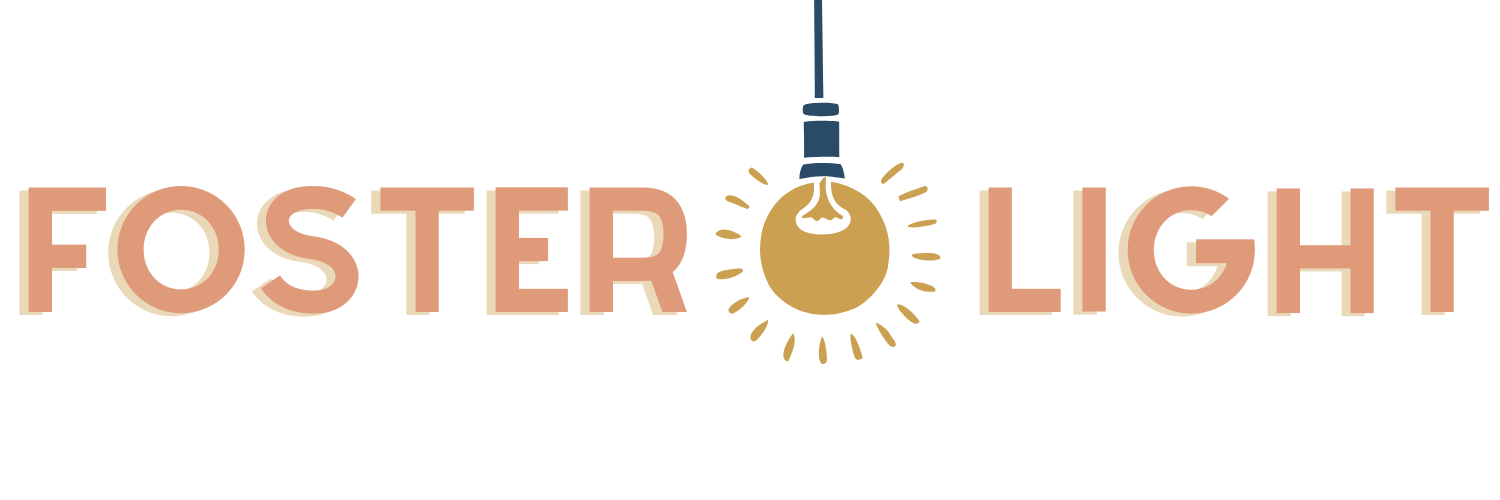Buzz Word: Attachment
Attachment isn’t just a cool, buzzy, fuzzy word — it’s a critical building block of healthy brain development for all humans. Decades of research in developmental psychology and neuroscience, starting with John Bowlby’s attachment theory and expanded by Mary Ainsworth’s work, have shown that a child’s sense of safety and trust is formed through consistent, responsive caregiving. When a caregiver meets a child’s needs reliably — holding them when they cry, feeding them when they’re hungry, comforting them when they’re scared — the child’s brain learns, “The world is safe. I am worthy of care.” This secure attachment becomes the foundation for emotional regulation, learning, and healthy relationships later in life.
In foster care, many children enter the system with disrupted or insecure attachments due to neglect, abuse, or multiple moves between caregivers. These early breaks in connection can have real, measurable effects on brain architecture and stress response systems, often making it harder for children to trust or feel safe with new adults. The good news? Research from Harvard’s Center on the Developing Child and the National Scientific Council on the Developing Child shows that consistent, nurturing relationships can help repair attachment wounds. Even after a difficult start, children can form healthy bonds when caregivers provide stability, predictability, and unconditional care.
That’s why support for foster parents is so critical. Building attachment takes time, patience, and emotional energy — and foster families often face unique stressors that can make that work harder. Therapy plays a vital role here: it gives foster parents a space to process their own trauma, manage the emotional weight of fostering, and learn evidence-based strategies for parenting children with attachment challenges. When caregivers are equipped to understand and respond to a child’s needs without being overwhelmed by their own stress, it changes everything. By surrounding foster parents with practical help, therapy, and community support, we give them the capacity to show up consistently for the children in their care. Every stable hug, every predictable routine, every moment of attunement is wiring a child’s brain for hope instead of fear. At Foster Light, we believe that when we strengthen foster parents, we strengthen the attachment that can change the trajectory of a child’s life.

